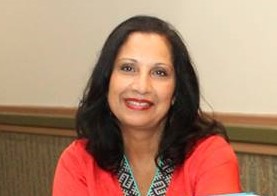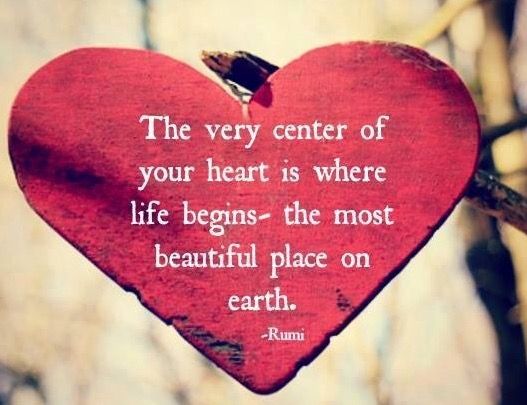Whenever I start to write a blog, I wish to accomplish a couple of things: one, share something that people enjoy reading, such as a nice event, an exciting trip, or even topics like inner peace.
But often, dark subjects hover in my mind. These dark subjects might be books, like “Born a Crime”, which is Trevor Noah’s story of how he grew up as a “colored” (because he was not fully black) in South Africa. His stories help see up-close the cruelty and tragedy of apartheid. And he tells it with his classic wit yet a sharp and sarcastic message, which I really appreciate.
Or it could be movies like “The Swimmers” about two Syrian refugees who escape the violence in Syria, and undertake the life-threatening journey to get to Germany; their swimming skills literally save them and their fellow refugees; they encounter danger and deception all along the way. However, once there, one of them is able to get a swimming coach and goes on to win at the Olympics as part of a “refugee swimming team”; later on her family joins her in Germany.
Another movie is “The Flood” about an Eritrean who makes it to France across the sea, and then tries to get to the UK. Along the way, he meets a Pakistani young couple, who helps him; the husband dies of sickness along the way, but the pregnant wife makes it to the UK. I won’t spoil the movie’s end about what happens to him, but again, the danger and deception these hapless refugees encounter makes one think about the depravity we humans can sink to.
Or it could be a movie I plan to watch “Farha” on Netflix…I urge all of you to watch it. It is the first time on American TV (if we can include Netflix in that category) that the story of Palestine’s Naqba is told, again based on a true story of how Farha’s family is wiped out by Israeli soldiers . I was not surprised to hear how Israeli and Zionist voices are trying to get it removed from Netflix; how stingy of them, when there are hundreds of Holocaust movies still made, almost 80 years later.
Should we be stingy in our compassion and only have compassion for our own, or should we be enlightened humans that feel compassion for all and allow all stories to be told? Shouldn’t we expand our hearts to allow all voices and all pains to be aired? Not so much to add to the hate but to atone and to make up for. Just as Germany paid billions to Jews as compensation, shouldn’t all victim nations be allowed to voice their stories and seek justice and compensation for their suffering?
The human story is so complex, sad and joyful at the same time. The sadness, whether close or far away, reminds us to be more reflective, more present, more appreciative and more grateful every moment; the joy and abundance reminds us to be humble and grateful and treasure every moment too. So they go hand in hand, as the Quran and other teachings remind us. All we can do is keep expanding the heart to witness these seeming opposites, and never make it personal where tragedies of old are carried forward to their future generations.


Be First to Comment